The European Union lays the foundation for the recognition of ecocide
This is an historic moment. After lengthy negotiations, the Commission, the Council and the European Parliament have agreed on a compromise that confirms key advances in the fight against environmental crime and lays the foundations for the recognition of ecocide in the EU. A victory full of hope for defenders of nature and environmental justice.
For Marie Toussaint, the Green MEP behind the proposal to include the crime of ecocide in the Directive: "The text adopted today is the culmination of months and years of work to strengthen environmental criminal law in Europe. It represents a first fundamental victory by enshrining in law a 'qualified offence' that should make it possible to punish more severely the most serious crimes against the environment, namely the crime of ecocide.
This new offence is based on the definition provided by the experts of the Stop Ecocide Foundation, supported by the Ecocide Alliance that I initiated in October 2020. The text also specifies that in the case of widespread pollution, major forest fires or industrial accidents, this offence is equivalent to that of ecocide as debated at international level.
It is now essential for the Member States to propose an amendment to the Statute of the International Criminal Court, of which they represent nearly a quarter of the Member States, and to include ecocide among the crimes committed by Vladimir Putin in Ukraine that will be dealt with by the special tribunals that have been set up, as Volodymir Zelensky has long been calling for.
The European Union is also taking a crucial step towards making environmental crimes autonomous by establishing that, in addition to breaches of the legislation cited in the directive, any conduct that damages the environment and violates substantial legal requirements must be covered by criminal law. As a result, many environmental offences that are not covered by criminal law today could be covered in the future, such as oil spills or toxic products such as PFAS spilled into the environment with complete impunity.
In addition, the new directive recognises new offences such as the marketing of products derived from imported deforestation, the discharge of polluting substances from ships and trade in mercury (see annex). Our deepest regret lies in the Council's refusal to consider the violation of GMO legislation as immediately and de facto constituting an act to be covered by criminal law. This decision reflects the place now occupied by agribusiness lobbies in the European law-making process, and the persistence of the policy of manufacturing impunity.
On the difficult issue of penalties, the Directive introduces, for the first time at European level, precise and harmonised penalties for environmental infringements. However, these penalties remain relatively low, and the Member States have succeeded in including in the text the possibility of setting fines at a fixed amount rather than in proportion to a company's turnover. This change leads to absurd situations because it does not take into account the company’s financial situation. These are all issues that we must continue to push for in the future.”
To conclude, Marie Toussaint emphasised: "The text adopted could usher in a new age of environmental litigation in Europe, because we have achieved a fundamental victory that should extend beyond our borders. In the current anti-environmental political context in Europe, this text is a point of support for all those who defend the environment in court and fight the impunity of criminal firms that all too often flout the law and are currently working to unravel environmental democracy in Europe. The text adopted is also a call for coherence: it should no longer be possible to adopt legislation allowing GMOs or re-authorising glyphosate when we collectively decide to condemn attacks on living things.
Environmental crime is exploding around the world, and is now considered to be as lucrative as drug trafficking, contributing to the destruction of living conditions on earth. With this agreement, the European Union is adopting some of the most ambitious legislation in the world. We will continue to fight to ensure that living beings are never again harmed in the name of profit.”
